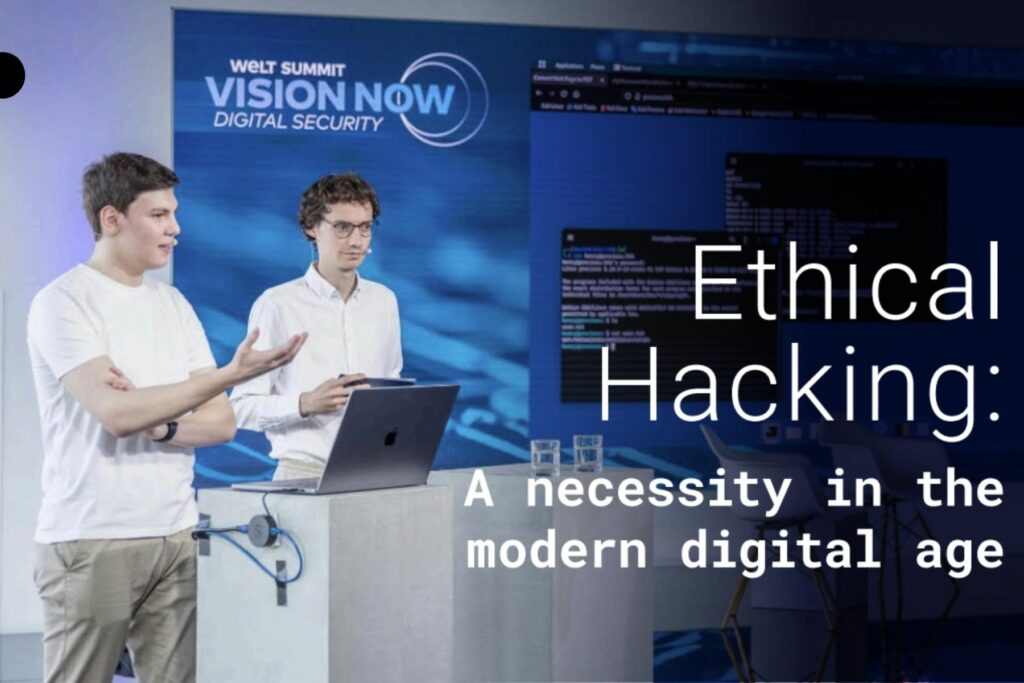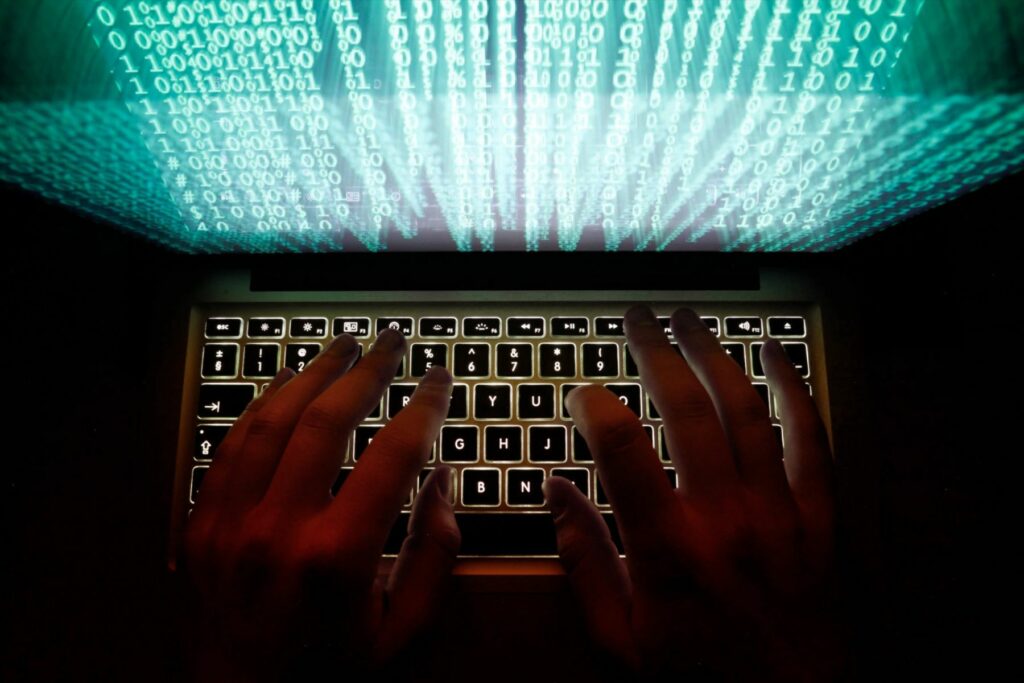The interconnected web of our digital realm has paved the way for advancements that have transformed industries, lifestyles, and economies. However, the same digital world can become a dangerous place if not guarded correctly.
Hacking, once a concept considered illegal and dangerous itself, has emerged as the frontline defense against potential breaches in this cyber era. Its increasing significance cannot be understated, particularly when the risks and stakes have never been higher.
Ethical hacking, also recognized as penetration testing or white-hat hacking, uses the tools, techniques, and methods that hackers employ. The crucial distinction lies in the intent. Unlike hackers who seek to exploit vulnerabilities for malicious or personal gains, ethical hackers strive to unearth these vulnerabilities and rectify them. This proactive approach offers an unparalleled view of systems from a potential attacker’s perspective, laying bare the system’s strengths and weaknesses.
Vulnerabilities are inherent in any complex system, and the digital infrastructures of today are no exceptions. These vulnerabilities can range from seemingly innocuous software glitches to significant oversights that jeopardize entire systems. By leveraging ethical hacking, organizations can illuminate these weaknesses. In doing so, they can take proactive steps to address these issues, reinforcing their defenses against would[1]be attackers and preventing potentially disastrous breaches.
In today’s digital age, data is the new gold. Organizations are continually collecting, storing, and processing vast troves of information. This information, which includes sensitive data such as personal user details, financial records, health records, and proprietary intellectual properties, is a prime target for cybercriminals. Ethical hackers stand as the protectors of that information. By testing and probing defenses, they ensure the data’s integrity and security, preventing unauthorized access and potential misuse.
Data breaches, beyond the immediate damage, can tarnish an organization’s reputation irreparably. In our current environment, where a single breach can dominate headlines and public discourse, maintaining consumer trust is paramount. Ethical hacking plays a pivotal role in this. By actively seeking and addressing vulnerabilities, organizations send a clear signal to their customers and stakeholders about their commitment to data security.
But it’s not just about public perception. The rapid evolution of the digital landscape has been mirrored by the development of regulatory frameworks governing it. Governments and regulatory bodies globally have crafted stringent rules and standards for cybersecurity in response to the growing threats. These regulations ensure that organizations not only protect user data but also maintain a certain standard of cybersecurity practices. Non-compliance can lead to severe penalties, both financial and legal. Ethical hacking offers a means for organizations to align with these standards, ensuring both compliance and protection.
Furthermore, the assurance of safety and regulatory adherence goes a long way in fostering trust. The knowledge that a company is actively employing ethical hackers to protect its systems can influence consumer decisions, making them more likely to engage with such organizations.
As we look to the horizon, the importance of ethical hacking becomes even more pronounced. The future promises even greater digital integration. From artificial intelligence to the Internet of Things (IoT) and beyond, the potential points of vulnerability are set to increase manifold. Ethical hackers will be at the vanguard, understanding, predicting, and mitigating emerging threats.
This expanding realm of digital possibilities also signifies a rapidly growing job market for ethical hackers. Their skills are in high demand, and this trend shows no signs of slowing. Recognizing this, educational institutions worldwide now offer specialized courses, training programs, and certifications in ethical hacking, underlining its importance and the opportunities it presents.To sum up, the digital age, with all its conveniences and advancements, is not without its challenges. The inherent vulnerabilities of complex systems present a major threat. Ethical hacking, by turning the tables on potential threats, offers a proactive defense strategy. By simulating potential attacks, it uncovers weak points, ensuring that systems are not just reactive but also prepared. In an age where data breaches can have widespread and long-lasting consequences, ethical hacking stands as a beacon, a symbol of proactive defense in our increasingly interconnected world.
As technology continues its unstoppable progression, the methods and tools used for ethical hacking also evolve. These advancements are massive, particularly when one considers the ever- growing sophistication of malicious threats. Cyberattacks today are not just limited to lone-wolf hackers but often involve organized crime syndicates and, in some instances, even state- sponsored entities. These actors possess vast resources, and their attacks are coordinated, well- funded, and highly sophisticated.
Ethical hackers act as a crucial counterforce to these entities. By staying abreast of the latest techniques in both attack and defense, they play a pivotal role in ensuring that organizations are not only prepared for the threats of today but also for the evolving challenges of tomorrow. Their continuous training and engagement with the hacker community, both ethical and otherwise, ensure they have a pulse on the latest trends, tools, and potential vulnerabilities.
Additionally, ethical hacking has grown beyond an organizational level. Today, global communities and forums of ethical hackers collaborate, sharing knowledge, tools, and strategies. This collective intelligence approach ensures a broader and more comprehensive defense against cyber threats. Such collaborative efforts often lead to the quicker identification of new vulnerabilities, faster development of patches, and a more cohesive response to global threats.
In essence, ethical hacking is not just an individual or organizational endeavor. It’s a global movement, a collective response to the challenges of our digital age. As we move forward, this collaborative spirit, combined with the expertise and dedication of ethical hackers, will be our primary defense against the evolving landscape of cyber threats.




